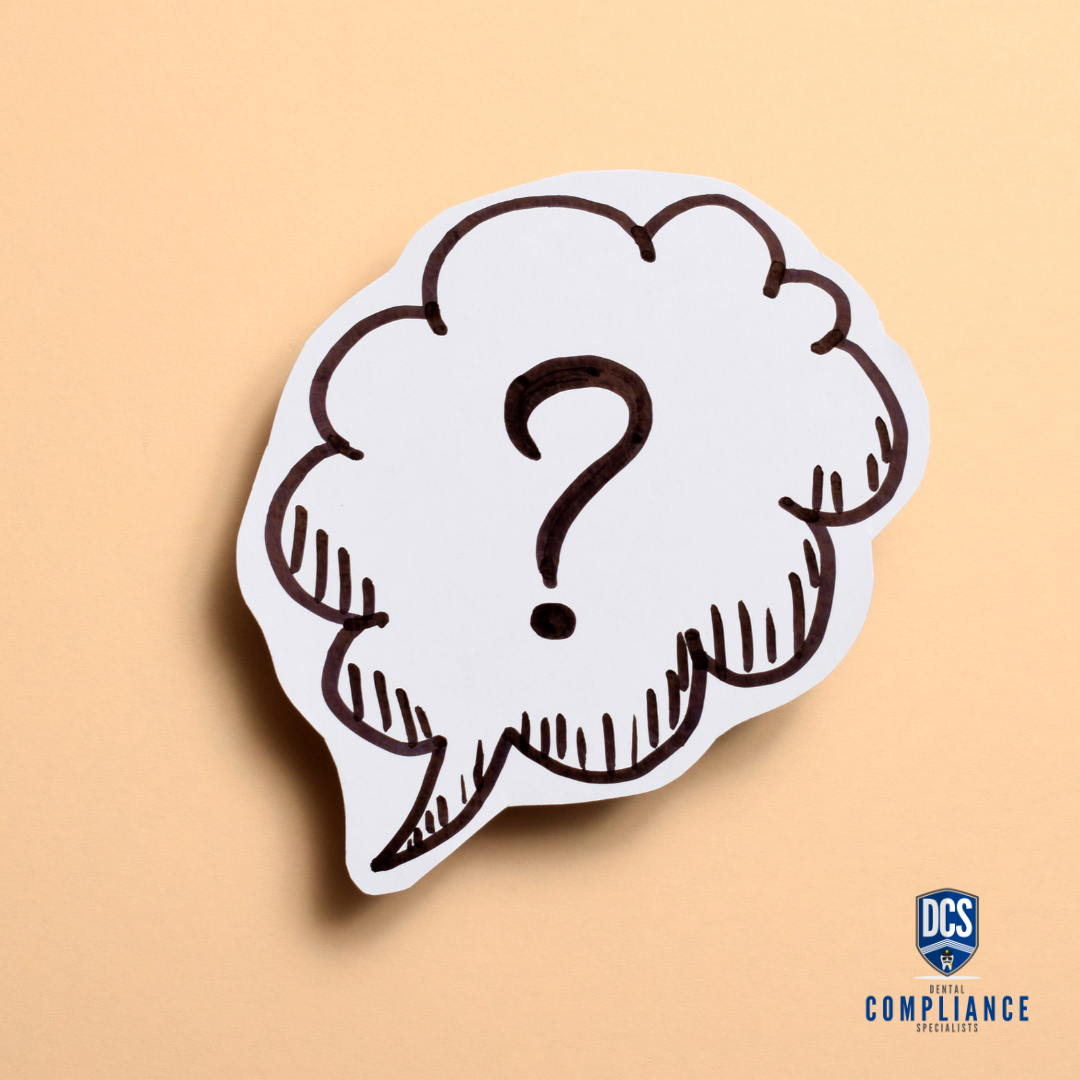Written by Duane Tinker, NREMT
Epinephrine is commonly used in dental settings to manage severe allergic reactions such as anaphylaxis. However, administering too much can have a range of consequences, particularly affecting the cardiac system.
This blog post aims to dissect what happens when a patient is overdosed on epinephrine and what preventive measures can be implemented to mitigate risks.
The Cardiac Consequences
Overdosing on epinephrine primarily has the following effects on the cardiac system:
- Increased Heart Rate: A condition known as tachycardia, which can cause palpitations and may lead to more severe heart issues if sustained.
- Elevated Blood Pressure: Epinephrine induces vasoconstriction, which raises blood pressure—posing a risk for stroke or other vascular complications.
- Arrhythmia: Abnormal heart rhythms may occur, which can be life-threatening in some circumstances.
- Myocardial Ischemia: Excessive epinephrine can lead to increased oxygen demand in heart tissues, potentially causing ischemia or even myocardial infarction (heart attack).
Anaphylaxis and Overdose
When a patient experiences anaphylaxis, rapid administration of epinephrine is usually critical. However, overcorrection can occur. If an overdose is suspected:
- Immediate Monitoring: Blood pressure, heart rate, and oxygen saturation should be closely monitored.
- Prompt Medical Intervention: Contact emergency services for rapid intervention.
Concentration Matters: 1:1000 vs 1:10,000
The risk of overdose partially depends on the concentration of epinephrine used:
- 1:1000: Generally used for allergic reactions and anaphylaxis, administered intramuscularly or subcutaneously. It delivers a higher dose rapidly and poses a greater risk of overdose.
- 1:10,000: Used mainly in cardiac emergencies and usually administered intravenously. It delivers a lower dose over time and generally poses less risk of overdose.
EpiPen: A Double-Edged Sword
EpiPens are designed to be foolproof, allowing for rapid administration of epinephrine in emergencies. But there are caveats:
- Accidental Injection: Using an EpiPen incorrectly, like injecting into a thumb, can lead to accidental overdose.
- Double Dosing: Administering two doses in quick succession can be dangerous.
Prevention
- Training: Regular training should be conducted for all dental staff to ensure proper usage.
- Emergency Protocols: Establish and follow clear protocols for administering epinephrine, which should include what to do in the event of a suspected overdose.
Understanding the Signs of Overdose
It's crucial to recognize the early signs of epinephrine overdose:
- Tremors
- Anxiety or confusion
- Persistent elevated heart rate
- Dramatic rise in blood pressure
- Shortness of breath
Immediate medical attention is crucial for managing these symptoms effectively.
Management of Epinephrine Overdose
In the unfortunate event of an epinephrine overdose, the following actions are generally recommended:
- Discontinuation: If an intravenous drip is being used, it should be immediately discontinued.
- Symptomatic Treatment: Beta-blockers might be used to counteract epinephrine's effects on the heart and vasculature, but they must be used cautiously to avoid complications such as bronchospasm.
- Emergency Care: Immediate medical intervention is essential to manage symptoms and monitor cardiac activity.
- Legal Aspects: Keep thorough records of all medications administered, their dosages, and timing. This information is not just important for patient care but also for legal protection.
Conclusion
Overdosing a patient on epinephrine can have serious cardiac consequences and may also affect other systems. Prevention is the key:
- Ensure all staff members are trained adequately.
- Know the concentrations of epinephrine being used and their appropriate applications.
- Have protocols in place for accidental overdose and ensure immediate medical intervention.
Remember, while epinephrine is a life-saving drug in many instances, it can also pose significant risks when not used carefully. Always consult medical guidelines and experts for accurate diagnosis and appropriate management.


